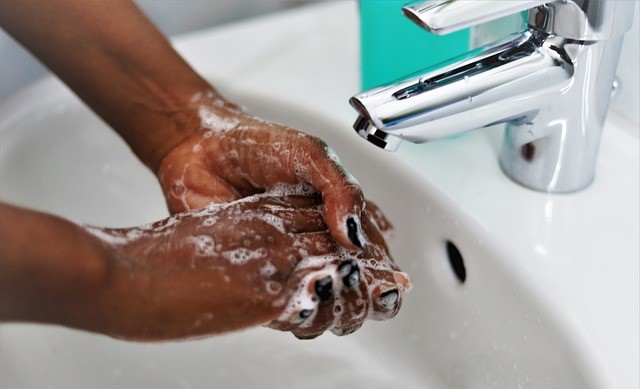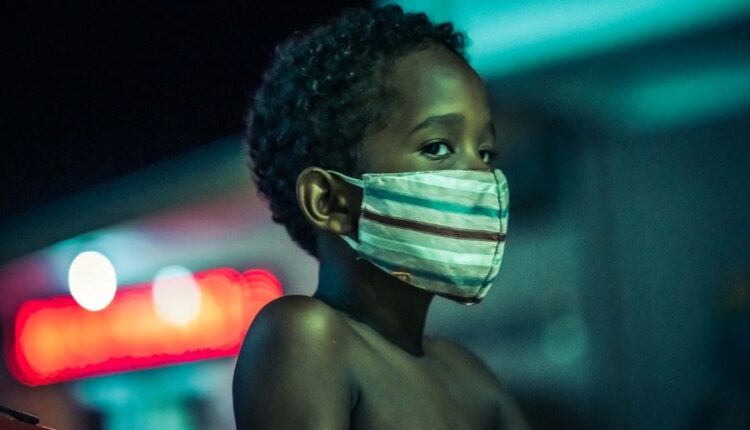Lifestyle Changes Among Kenyans Post-Pandemic
There’s no doubt that the pandemic has caused a worldwide change in people’s lifestyles. It even brought about the usage of phrases like “the new normal” that acknowledged its impact on the ways we lived. Below are some of the ways that people are living their lives after the pandemic.
Homestay
Once the pandemic hit Kenya, the government announced a lockdown that directed everyone to stay within the confines of their homes. People adhered to it. For a while, people woke up and slept without going further than the boundaries of their homesteads. Later, after lifting some of the restrictions, people started to leave their homes and travel again.
Remote working
As the pandemic persisted and the lockdown measures became tighter and stricter, people realized they needed to find means to earn money for the sustenance of their businesses(those affected by the restrictions) and lives. So, people transferred their business operations online, which effectively required the workers to do the same.
Intensive online learning
Many scholars had no choice but to adapt to a different way of accessing education. While some students were already part of these online programs, many more joined to continue their studies.
Wearing of masks
Masks had always been a thing of intrigue, and the common ones we are using are similar to those we saw actors wear in a medical show or wore that one time when visiting a patient in an intensive care unit. Now, they are an essential requirement if you are to go out into the world. The mask is one of the things that prevent the virus from entering our bodies.

Sanitization
The sensitization campaigns make this clear. Sanitization does not stop at one washing their hands (with sanitizers) but also includes cleaning all surfaces touched by any other person but you. In a way, this has led to increased proper sanitation and has prevented the spread of other diseases.
Social distancing
Another requirement for public gatherings is that a person has to be at a distance of at least 2 meters from another to prevent the virus from reaching them. Even when moving on streets, one has to keep this distance.
Fewer people attending functions
While people are still allowed to attend weddings and funerals, the number is limited to 100 people (while following the guidelines). Our weddings are a community fanfare, and this restriction took away some of the vibrancy of this occasion. As for funerals, it is heartbreaking to comfort a loved one from afar.
Walking for long distances
For a while, the government suspended public transportation, and the only way to cover any distance was to walk. So many people had to walk for long distances to move from one county to another, especially when life became increasingly difficult during the lockdown.
Working new jobs
So many businesses suffered because of the lockdown. Some laid off their workers to maintain the little funds they still had; others closed down. Others, like teachers, were affected because of the closure of schools. People started small community-based (village level) businesses like selling household items and foodstuff after losing their jobs. Others started farming.
Saving
People have become frugal with their expenditures and food items. Kenya imports much of its food, and lockdowns in its neighboring countries have affected the volume of food available for its citizens. The lack of enough food has led to hiked food costs, yet people have little money. So, people have learned to save. Some have even resorted to eating a single meal per day.
Online entertainment
Artists started to hold virtual concerts utilizing platforms like YouTube, Instagram, and Facebook, for people to watch while in their homes. If people were not watching those, they watched television, streamed shows on Netflix, Peacock, and many other platforms.
The Curfew
The curfew has been in place from March 2020 to October (the 20th) of this year. It initially started from 7 pm to 5 am. Video footage and accounts of people suffering police brutality for not adhering to this decree spread everywhere. After data reports indicated infection rates of less than 5% and first-dose vaccinations of at least 4.5 million people, the Kenyan government has lifted the curfew.
Partying
After lifting the curfew and opening of happening places (beaches, bars, restaurants, and hotels), people are looking to splash what little money they have on themselves with vacationing, eating, and parting (all day and night).
Vaccination
The creation of COVID-19 vaccines has stoked the hope otherwise burning out in hearts worldwide. Despite the threat of more pandemic waves hitting the globe, some countries have lifted the lockdown, trusting that vaccination would lower people’s vulnerability to the disease. Reports indicate that the percentage of people who have received full-dose vaccination in Kenya is 8.8%.
Recently, the government announced that any person without proof of full-dose vaccination by the 21st of December this year would not receive in-person government services or access public places like restaurants, hotels, hospitals, and bars. This announcement met opposition from several government figures and various people. People feel the government should let them decide as it directly affects their lives.
Read Also:
- TSC Advertises 21 Vacancies of Internship with Deadline Set On 22nd November
- Online TSC Payslips – Login, Register, Download and Related Questions
- KEPSHA Conference for Primary School Heads Scheduled on 27th December
- 2021/2022 TSC Wealth Declaration Procedure for Teachers and Administrators
- Parents to Pay Huge Amounts for Destruction in Schools
- Students Found Guilty Of Burning Schools Will Not Join Public Schools
- Eleven Students in Court over Arson
- Solved: How to Stop Students Strikes in Kenya
- Students to be Educated on Tax
- TSC TPAD2 How to Open, Create a new Account, Activate, Login, and fill in Appraisal Online
- KMTC Campus on the Spotlight over Unpaid Fees
- Only 20000 Teachers Register for December TPD Throwing TSC Plans In Disarray
- KCSE Candidates with Grade E to Join Colleges
- 2021/2022 TSC Wealth Declaration Procedure for Teachers and Administrators
- Ministry Of Education Announces Mid-Term Break Dates for Secondary Schools
- TSC Circular on Online Declaration of 2019 – 2021 Income, Assets & Liabilities (DIALs)
- Teachers Given 31st December 2021 Deadline for Declaration of Wealth
- TSC Conducts Promotion Interviews for 2419 Teachers
- Recently Established Universities to Benefit More in Proposed University Funding Framework
- Government of Hungary Increases Scholarship Vacancies for Kenyan Students
- 2022 KCPE Predictions trial Exams with Answers



Comments are closed.